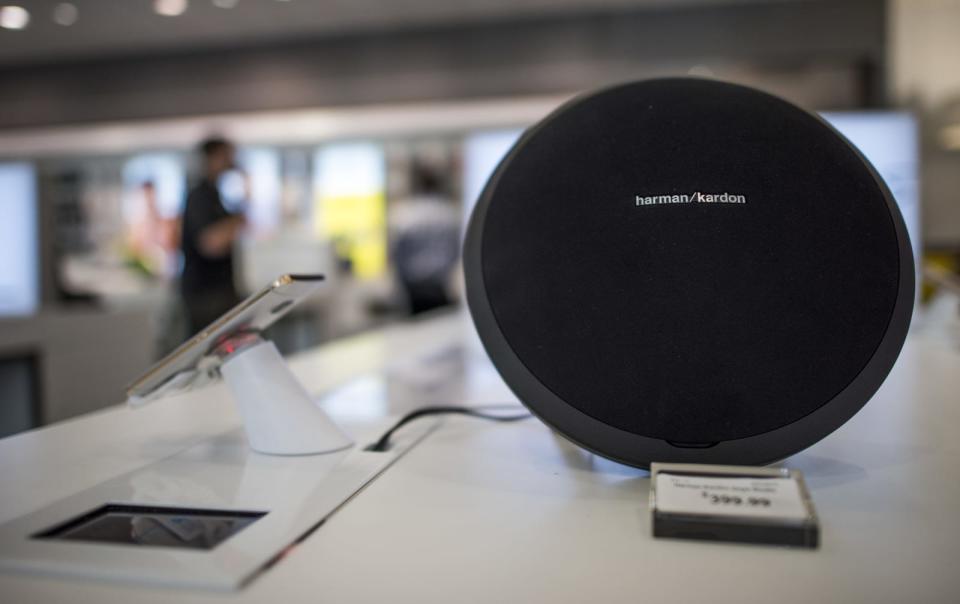Samsung buying auto and audio giant Harman for $8 billion
It's Samsung's largest acquisition ever.

Samsung has agreed to acquire Harman International Industries, an auto parts supplier best known by consumers for its Harman Kardon audio division. The $8 billion, all-cash deal is the largest in Samsung's history, and an unusual move for a company that normally develops tech in-house. It instantly makes Samsung a much bigger player in the connected and autonomous vehicle industry dominated by Google, Apple and automakers like Tesla, GM and Volvo.
Harman CEO Dinesh Paliwal says that Samsung's displays, connectivity and processing tech is a good fit with his firm's automotive products. "Samsung is an ideal partner for Harman and this transaction will provide tremendous benefits to our automotive customers," he said in a press release. Samsung Vice Chair Oh-Hyun Kwon added that Harman has an "unmatched automotive order pipeline" and a "strong foundation for Samsung to grow our automotive platform."
Samsung's largest previous acquisition was a deal to buy AST for $840 million back in the '90s. If you don't remember AST, that's because Samsung was forced to close the division shortly after purchasing it. That failure is the main reason Samsung decided to do its own research rather acquiring companies to gain new technology.

Bloomberg via Getty Images
Samsung paid a 28 percent premium over Harman's current share price, but Harman has a projected order backlog of $24 billion, according to the WSJ. While the California-based firm is known for audio products like Harman Kardon, JBL and dbx, about two-thirds of its sales come from the auto industry. The company builds infotainment, connected safety, security and telematics devices and services used in over 30 million vehicles built by BMW, Toyota, Volkswagen and other automakers.
Samsung reportedly put a task force together to figure out how to break into the automotive market and decided it would take too long to do it internally. It chose to go the acquisition route instead, and reportedly started talks with Harman in the summer. Samsung has cash reserves of around $70 billion and "expects to use cash on hand to fund the transaction." The deal should close in mid-2017.
